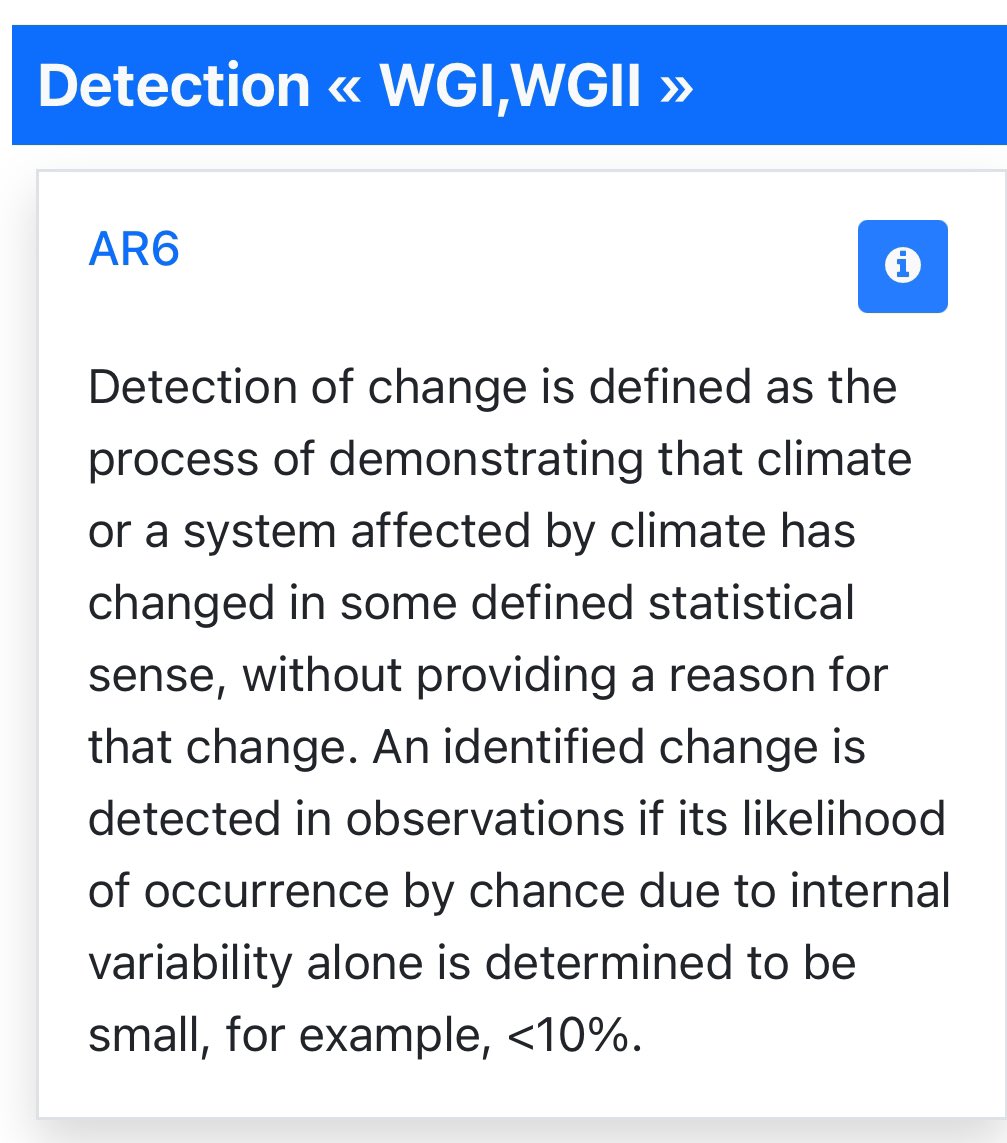The "Iron Law" formalized by @KenCaldeira & colleagues
"the implementation of an economically optimal global climate change mitigation policy will impose a net cost on the current generation"
"the break-even year is relatively far into the future—around 2080..."
"the implementation of an economically optimal global climate change mitigation policy will impose a net cost on the current generation"
"the break-even year is relatively far into the future—around 2080..."
https://twitter.com/KenCaldeira/status/1306238068530135040

I addressed the policy implications of the asymmetry in timing of climate policy costs and benefits in a 2007 paper: "THE CASE FOR A SUSTAINABLE CLIMATE POLICY: WHY COSTS AND BENEFITS MUST BE TEMPORALLY BALANCED"
sciencepolicy.colorado.edu/admin/publicat…
sciencepolicy.colorado.edu/admin/publicat…

In their new paper @KenCaldeira et al rightly observe: "One way to potentially overcome some of the above barriers would be to emphasize the air-quality co-benefits of climate change mitigation"
Compare 2007:
Compare 2007:

I explained the importance of asymmetry in costs and benefits of climate mitigation in Congressional testimony in 2006
(That testimony reads pretty well in 2020, if I say so myself)
sciencepolicy.colorado.edu/admin/publicat…
(That testimony reads pretty well in 2020, if I say so myself)
sciencepolicy.colorado.edu/admin/publicat…

• • •
Missing some Tweet in this thread? You can try to
force a refresh
















